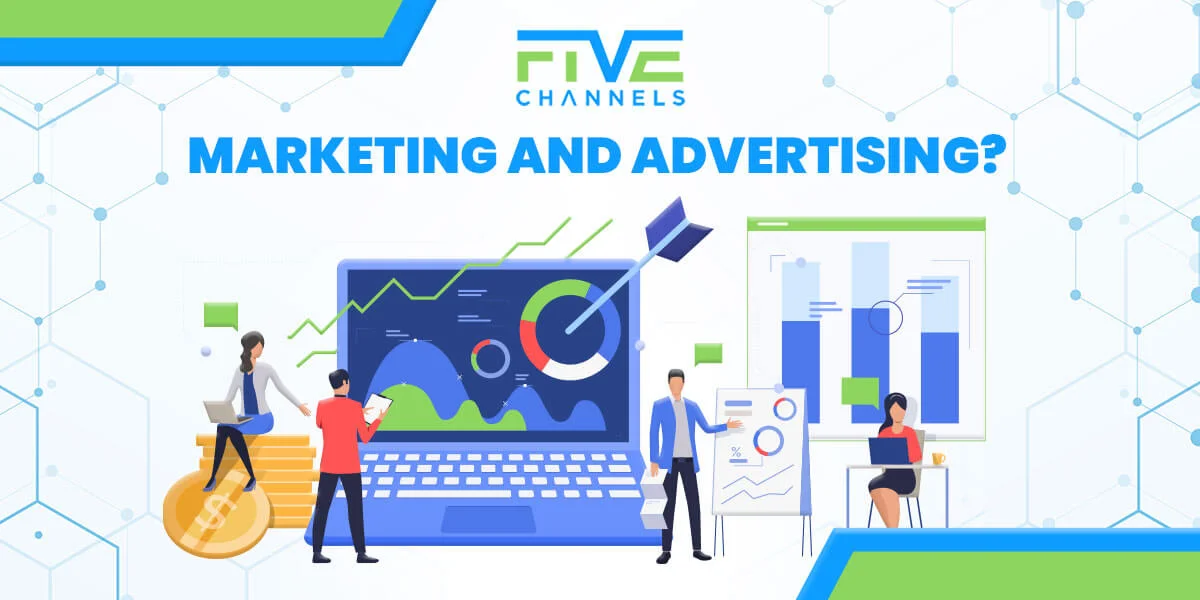In the digital era, e-commerce has revolutionized the way businesses operate, providing a platform for selling products and services online to a global audience. At the forefront of this transformation are web development agencies, tasked with the responsibility of creating seamless, user-friendly e-commerce websites that drive sales and foster brand loyalty. In this blog, we delve into the intricacies of building an e-commerce website by an agency, exploring the key steps, challenges, and best practices involved in delivering a successful online shopping experience.
Understanding Client Requirements
The journey of building an e-commerce website begins with understanding the client’s business objectives, target audience, and unique selling proposition. Web development agencies collaborate closely with clients to gather requirements, identify pain points, and define the scope of the project. This involves conducting comprehensive discovery sessions, market research, and competitor analysis to gain insights that inform the design and development process.
Designing a Seamless User Experience
User experience (UX) lies at the core of successful e-commerce websites, influencing user engagement, conversion rates, and customer retention. Web development agencies leverage their expertise in UX design to create intuitive, visually appealing interfaces that prioritize ease of navigation, product discoverability, and frictionless checkout processes. This includes designing responsive layouts, optimizing product search functionality, and incorporating persuasive calls-to-action (CTAs) to drive conversions.
Developing a Robust Technical Infrastructure
Behind every e-commerce website is a complex technical infrastructure that powers its functionality and performance. Web development agencies employ a range of technologies and tools to develop scalable, secure, and high-performing e-commerce platforms. This includes selecting appropriate content management systems (CMS), integrating payment gateways, implementing inventory management systems, and optimizing site speed and security.
Ensuring Seamless Integration and Customization
Integration with third-party services and customization capabilities are essential for enhancing the functionality and versatility of e-commerce websites. Web development agencies work closely with clients to integrate essential features such as customer relationship management (CRM) systems, email marketing platforms, and analytics tools. Additionally, they develop custom modules and plugins to meet specific business requirements and differentiate the website from competitors.
Implementing Effective Marketing and SEO Strategies
Building an e-commerce website is only the first step; driving traffic and generating sales require strategic marketing and search engine optimization (SEO) efforts. Web development agencies collaborate with clients to develop comprehensive marketing strategies tailored to their target audience and business goals. This includes optimizing product pages for search engines, implementing structured data markup, and leveraging social media, email marketing, and paid advertising channels to reach potential customers.
Embracing Continuous Improvement and Support
The launch of an e-commerce website marks the beginning of an ongoing journey of optimization and enhancement. Web development agencies provide ongoing support and maintenance services to ensure the website remains secure, up-to-date, and responsive to evolving business needs and industry trends. This involves monitoring performance metrics, gathering user feedback, and iteratively refining the website to maximize its effectiveness and ROI.
Conclusion
Building a successful e-commerce website requires a strategic blend of design expertise, technical proficiency, and marketing acumen. Web development agencies play a critical role in guiding businesses through the complexities of e-commerce development, from initial conception to post-launch optimization. By understanding client requirements, designing intuitive user experiences, developing robust technical infrastructures, and implementing effective marketing strategies, agencies can create e-commerce websites that drive growth, foster customer loyalty, and propel businesses to new heights in the digital landscape.











